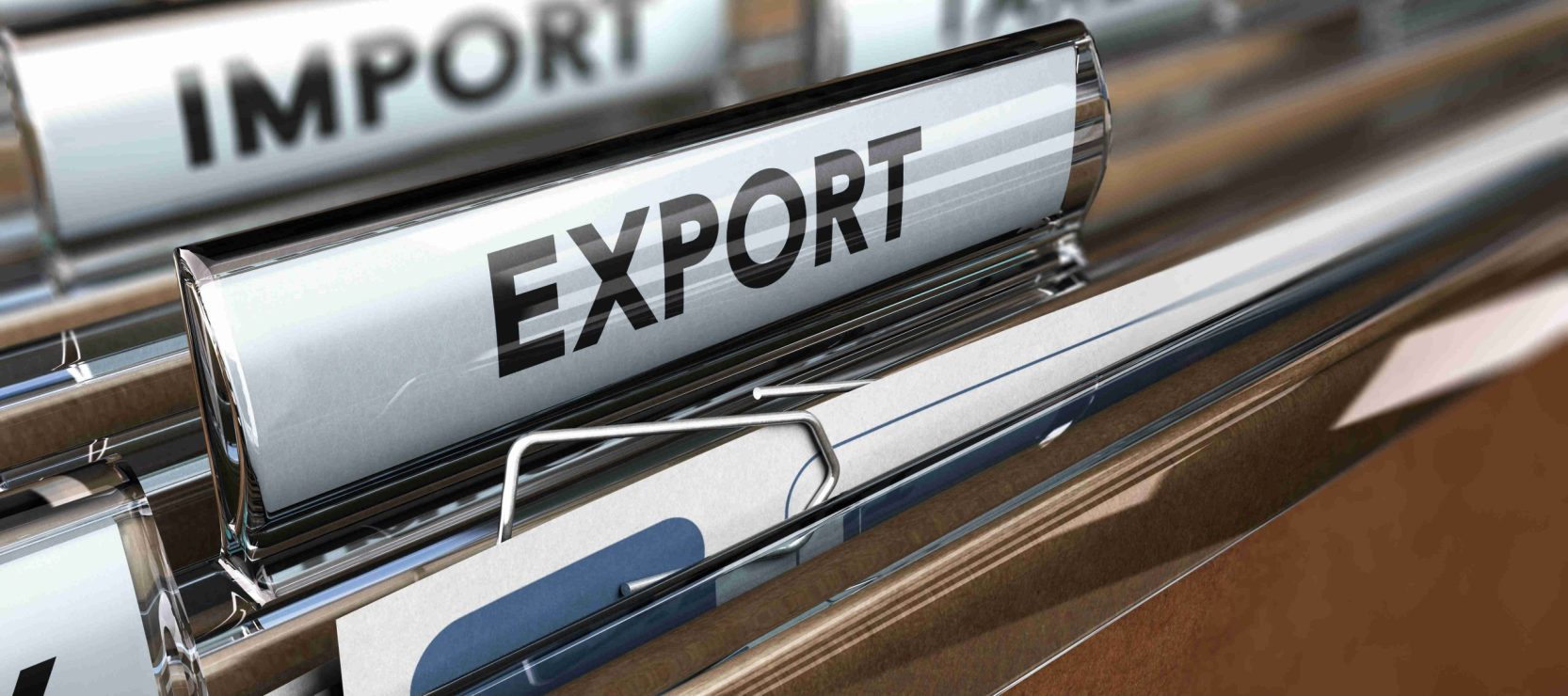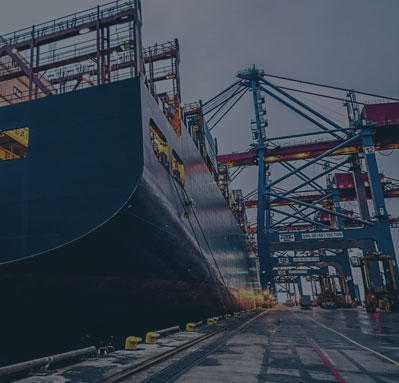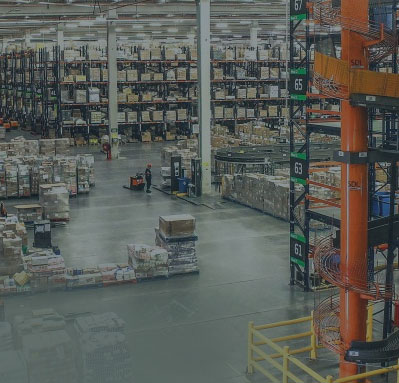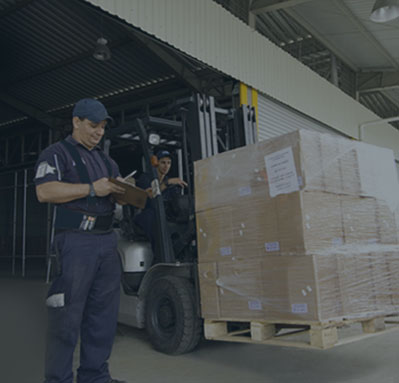Understanding the distinctions between an Exporter of Record (EOR) and an Importer of Record (IOR) is critical for businesses engaged in international trade. This blog post delves into these roles, highlighting their key differences and implications, and helps you determine which service best aligns with your business’s needs.
Defining Exporter of Record (EOR)
The Exporter of Record (EOR) is responsible for ensuring that goods leaving a country comply with all export regulations. This role involves preparing and filing necessary export documentation, ensuring the products meet export control classifications, and adhering to licensing requirements. The EOR is also responsible for declaring the true value of the goods and maintaining records for audit purposes.
Defining Importer of Record (IOR)
Conversely, the Importer of Record (IOR) is accountable for goods entering a country. The IOR must ensure compliance with all import laws and regulations, including payment of duties and taxes. This role also entails classifying goods correctly under the Harmonized System (HS) codes, managing customs inspections, and maintaining import documentation for compliance verification.
Key Differences Between EOR and IOR
Compliance Responsibilities
The primary difference lies in the geographical focus of compliance. While the ensures adherence to export laws of the country of origin, the IOR is focused on the import regulations of the destination country. Each role requires a deep understanding of different sets of laws and procedures. Moreover, the EOR needs to be aware of any export restrictions or embargoes, while the IOR must be up-to-date with changing import regulations, such as safety standards and environmental regulations.
Financial Obligations
The EOR and IOR have distinct financial responsibilities. The EOR must ensure that all export-related fees are paid, including export licenses if required. In contrast, the IOR is responsible for import duties, taxes, and any other charges imposed by the destination country. Additionally, the EOR may need to manage costs related to compliance audits and export control training, whereas the IOR might have to budget for customs brokerage fees and potential penalties for non-compliance.
Documentation and Record Keeping
Documentation requirements also differ. The EOR is responsible for export declarations, commercial invoices, and packing lists. The IOR, however, needs to manage import declarations, bills of lading, and country-specific documentation such as certificates of origin or import licenses. The EOR must also maintain accurate records for potential audits by export control agencies, while the IOR should be prepared for customs inspections and validations of compliance with import regulations.
Interaction with Authorities
Both roles involve liaising with government authorities, but in different contexts. The EOR communicates with the export country’s customs and regulatory bodies, while the IOR deals with customs authorities in the import country. The EOR may need to negotiate with export control agencies regarding license requirements, while the IOR often works closely with customs brokers to facilitate smooth clearance and compliance with local customs procedures.
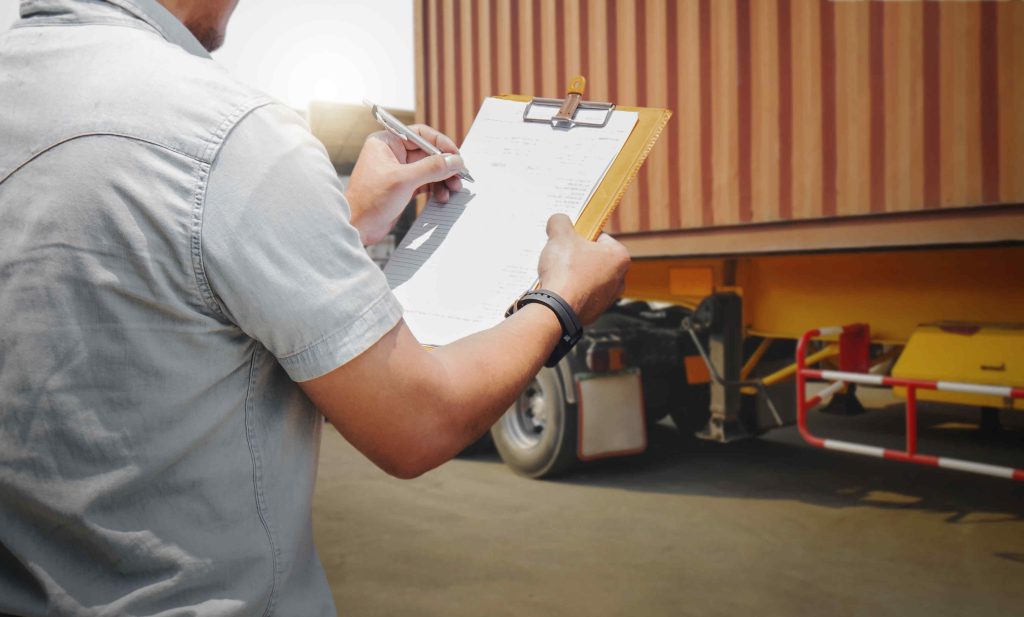
Understanding Your Business’s Need
Assessing Export and Import Requirements
To determine whether you need an EOR, IOR, or both, assess your business’s involvement in the supply chain. If you’re exporting goods, you’ll need to understand the export regulations and consider appointing an EOR. If you’re importing, you’ll need to focus on import regulations and possibly engage an IOR. Additionally, evaluate the complexity of your products and their destinations, as certain items and countries have more stringent regulations. Understanding your product’s classification in international trade can also guide you in identifying the specific requirements and processes you’ll need to adhere to.
Evaluating Expertise and Resources
Consider the expertise and resources available within your organization. If your business lacks the necessary knowledge or resources to manage compliance effectively, it may be beneficial to outsource these responsibilities to specialized EOR or IOR service providers. Assess the level of in-house expertise in international trade laws, logistics, and customs procedures. Also, consider whether your internal team has the capacity to stay abreast of changes in regulations and manage the necessary documentation and processes efficiently.
Cost-Benefit Analysis
Conduct a cost-benefit analysis. Weigh the costs of compliance, including potential fines for non-compliance, against the expense of hiring an EOR or IOR. Often, the cost of outsourcing is justified by the reduced risk and increased efficiency in the supply chain. Take into account the potential savings in time and resources that could be reallocated to core business activities. Moreover, factor in the long-term benefits of establishing reliable, compliant trade practices which can enhance your business reputation and market access.
Navigating Regulatory Challenges
One of the biggest challenges in international trade is navigating the complex web of regulations. Different countries have unique requirements, and staying up-to-date with these can be daunting. For an EOR, this includes understanding export controls and sanctions, which vary widely depending on the product and the destination country. For an IOR, the challenge lies in understanding the varying import tariffs, trade agreements, and local compliance requirements. Companies must also be aware of global regulatory trends and how they impact supply chain strategies, such as changes in trade agreements or shifts in political landscapes.
Role in Risk Management
Both the EOR and IOR play critical roles in risk management. By ensuring compliance, they help avoid costly delays, fines, and damage to the company’s reputation. The EOR must be vigilant about export controls to prevent illegal transshipment and diversion of goods. Similarly, the IOR must ensure that imports comply with local standards and regulations to avoid customs holds or seizures. Effective risk management also involves planning for contingencies, such as disruptions in supply chains, which can be mitigated by understanding and complying with the diverse requirements of different markets.
Technological Integration
In today’s digital age, technology plays a crucial role in managing the complexities of international trade. Automated systems for tracking shipments, managing documents, and ensuring compliance are becoming increasingly important. These systems can help both EORs and IORs by providing real-time updates, reducing paperwork, and facilitating smoother communication with authorities. Embracing digital solutions like blockchain for enhanced transparency and AI for predictive analytics can further streamline processes and enhance compliance measures.
Global Trade Trends and Impacts
Staying informed about global trade trends is crucial for both EORs and IORs. Political changes, economic sanctions, trade wars, and global health crises can all impact trade regulations and policies. Understanding these trends helps businesses to anticipate changes in compliance requirements and adapt their strategies accordingly. Awareness of environmental and ethical trade practices is also becoming increasingly important, as consumers and regulatory bodies demand greater sustainability and social responsibility in international trade.
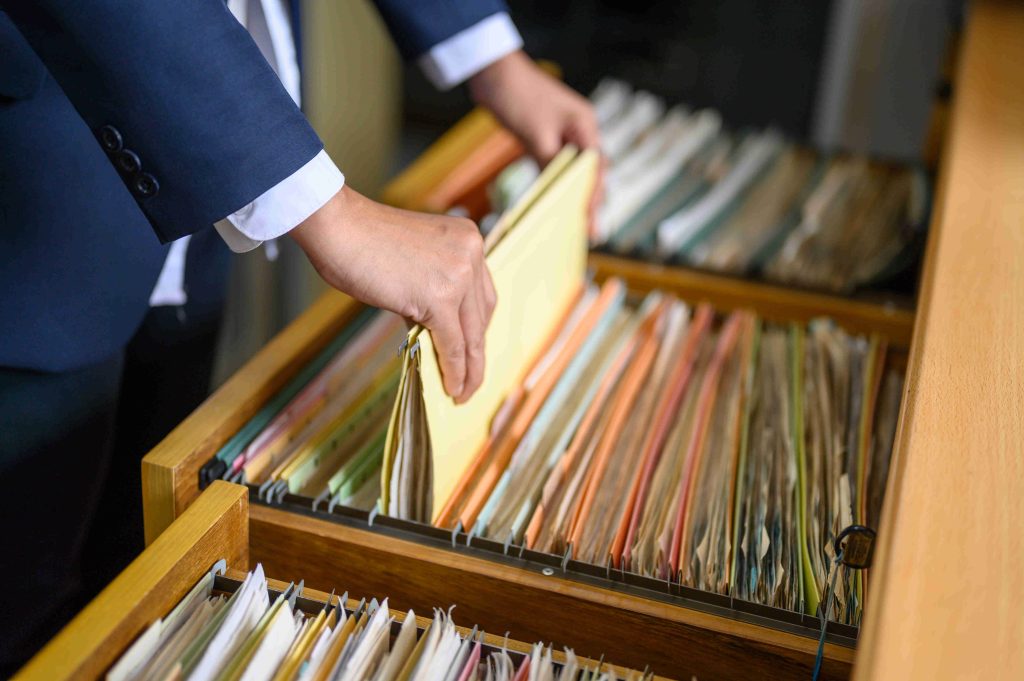
Mastering Global Trade: The Critical Role of Exporter and Importer of Record Services
The roles of Exporter of Record and Importer of Record are pivotal in navigating the intricate landscape of global trade. Understanding their differences, responsibilities, and the way they integrate into the broader context of international commerce is essential for any business involved in cross-border trade. By proactively managing these roles, either internally or through specialized service providers, businesses can ensure compliance, mitigate risks, and maintain a competitive edge in the global market.
At Cargoline, we’re not just experts in international logistics; we’re your dedicated partners in navigating the intricate world of Exporter of Record (EoR) and Importer of Record (IoR) services. Our specialized approach ensures your global trade is compliant, efficient, and tailored to your unique business requirements. Book your expert consultation today and set sail for seamless, successful international trade.
